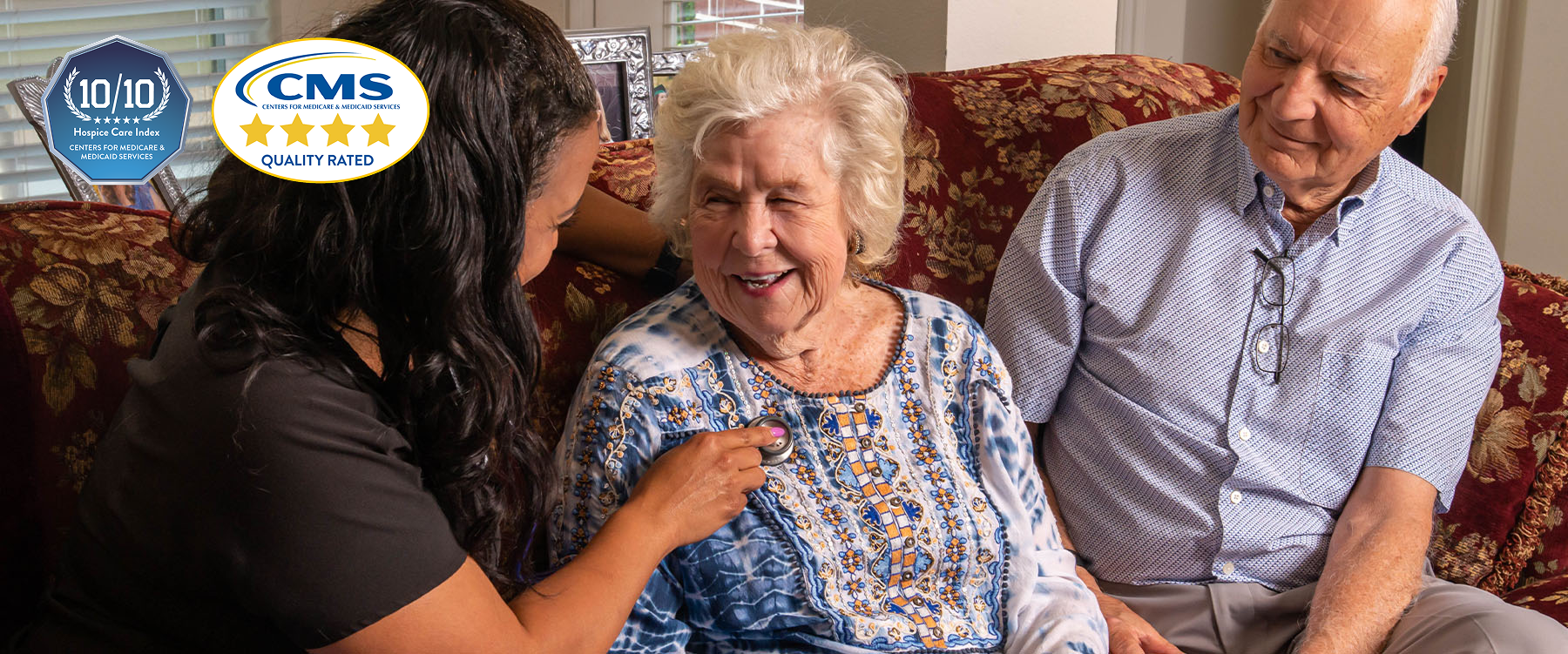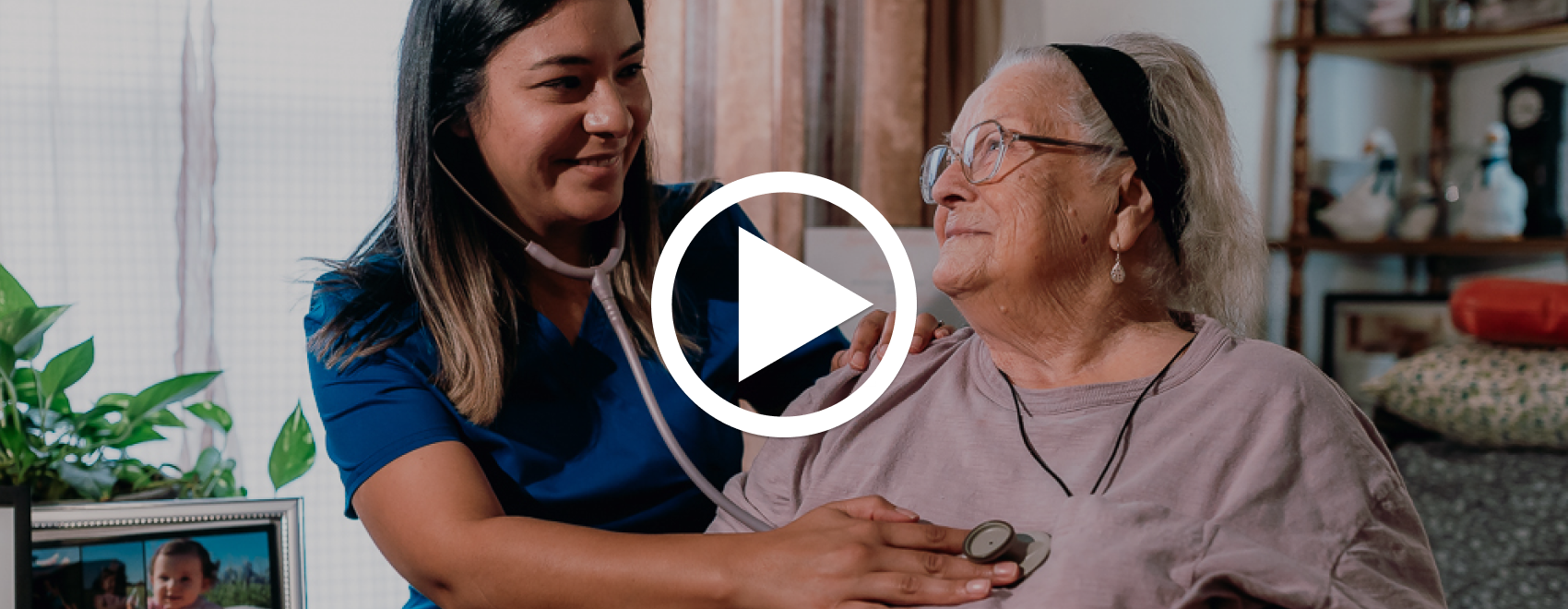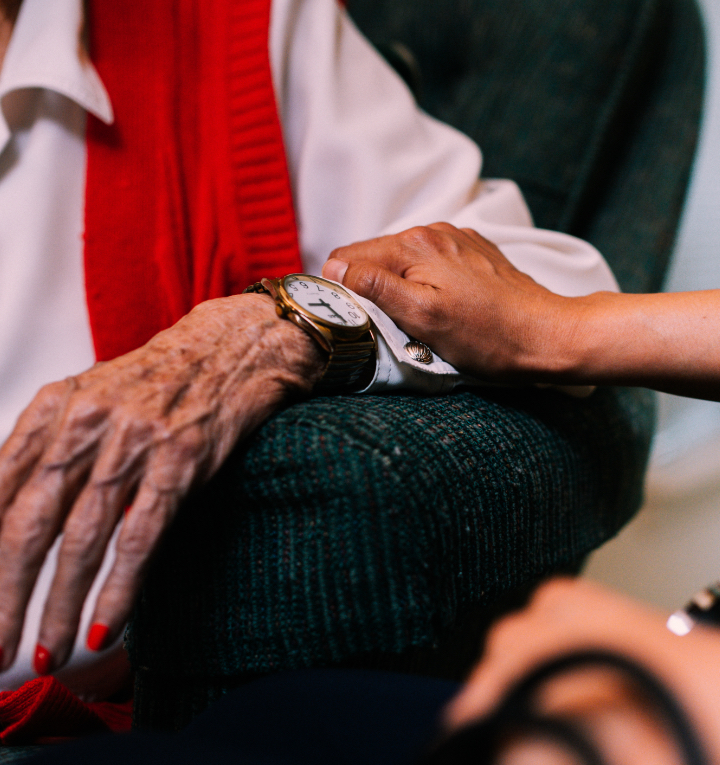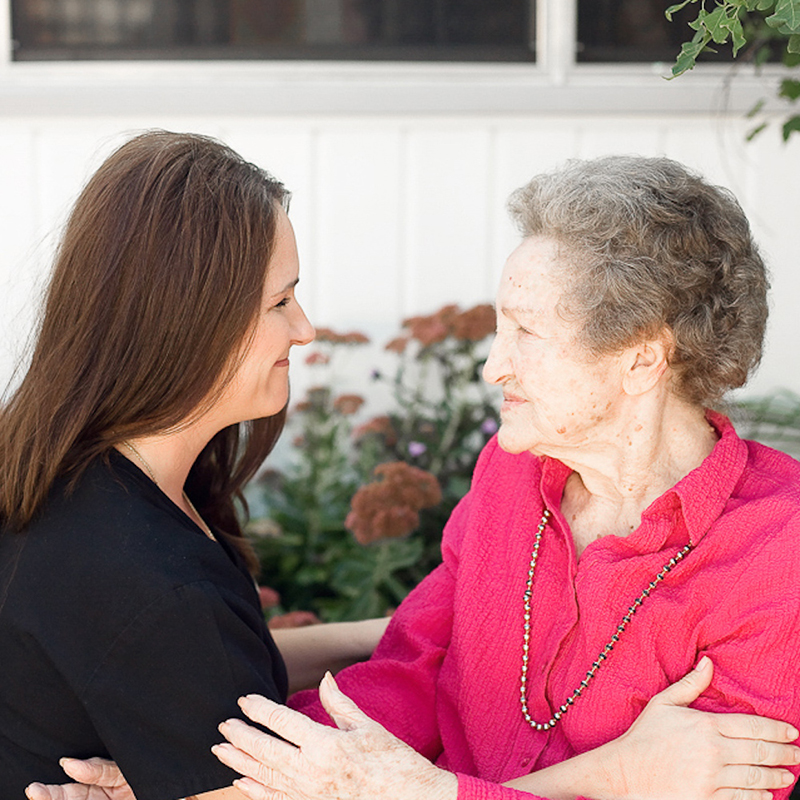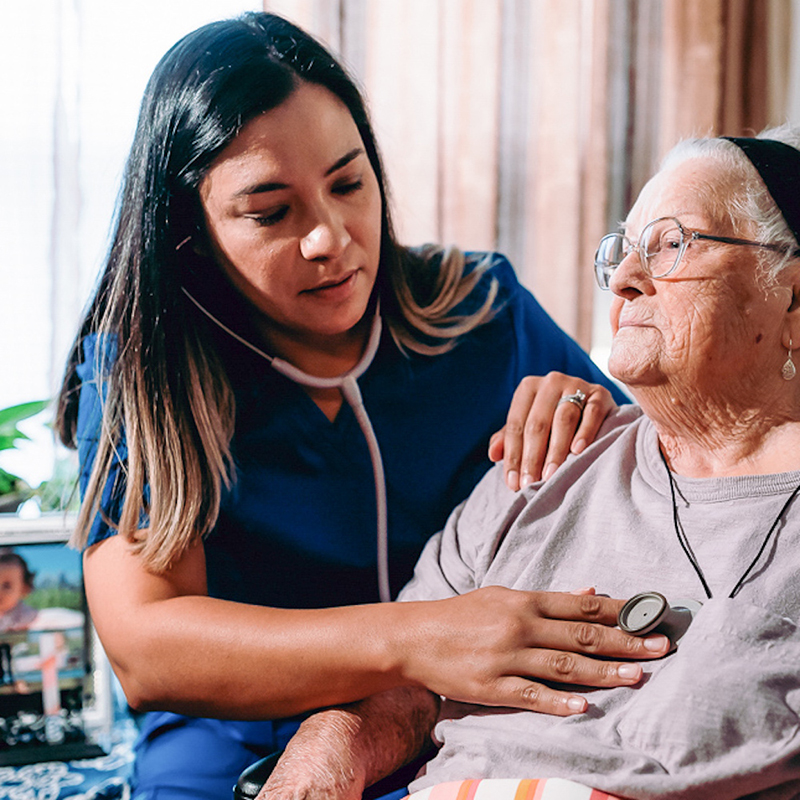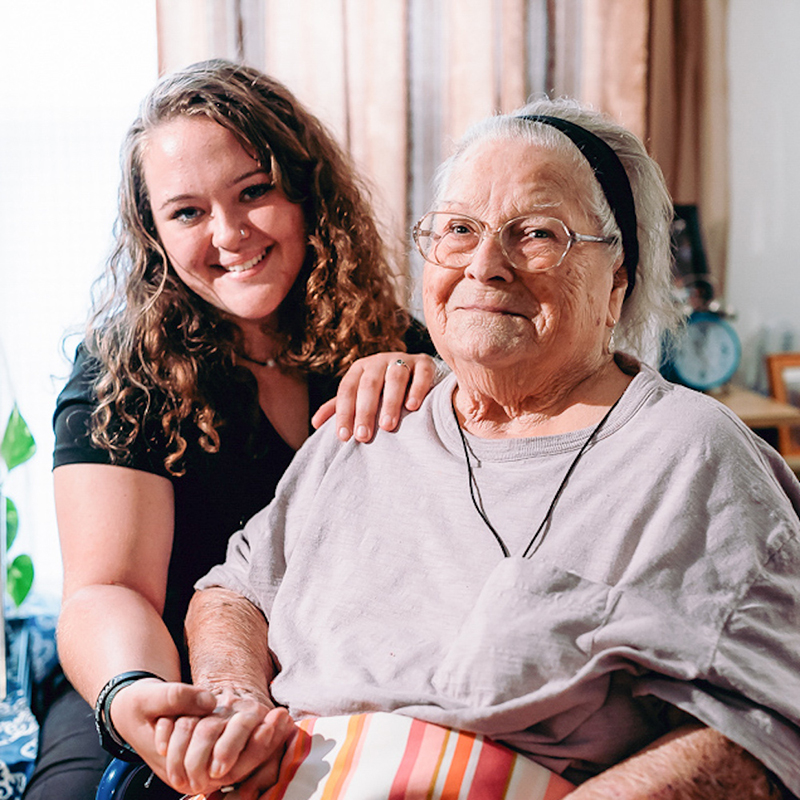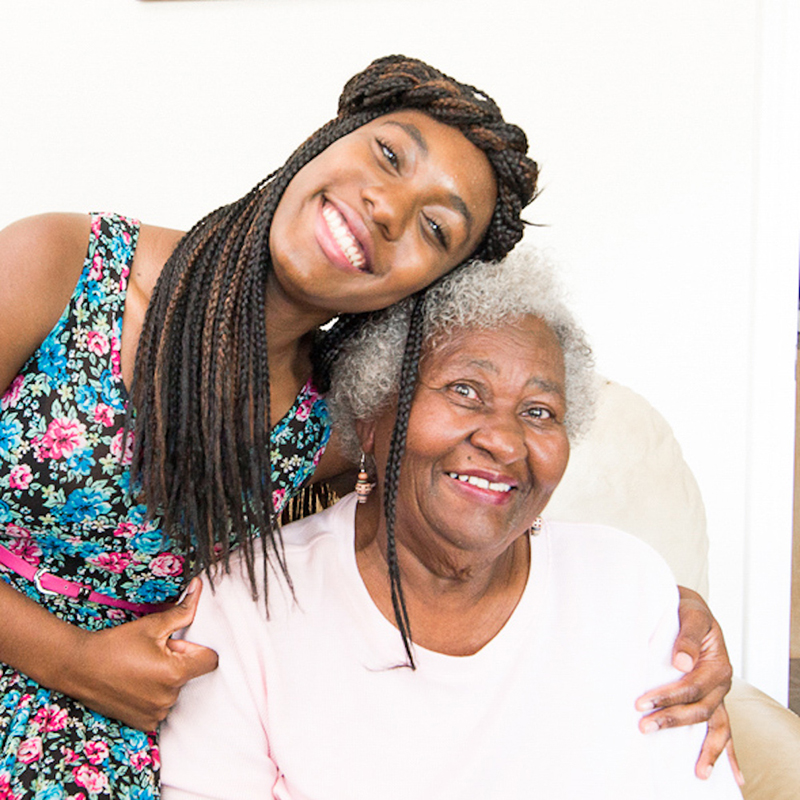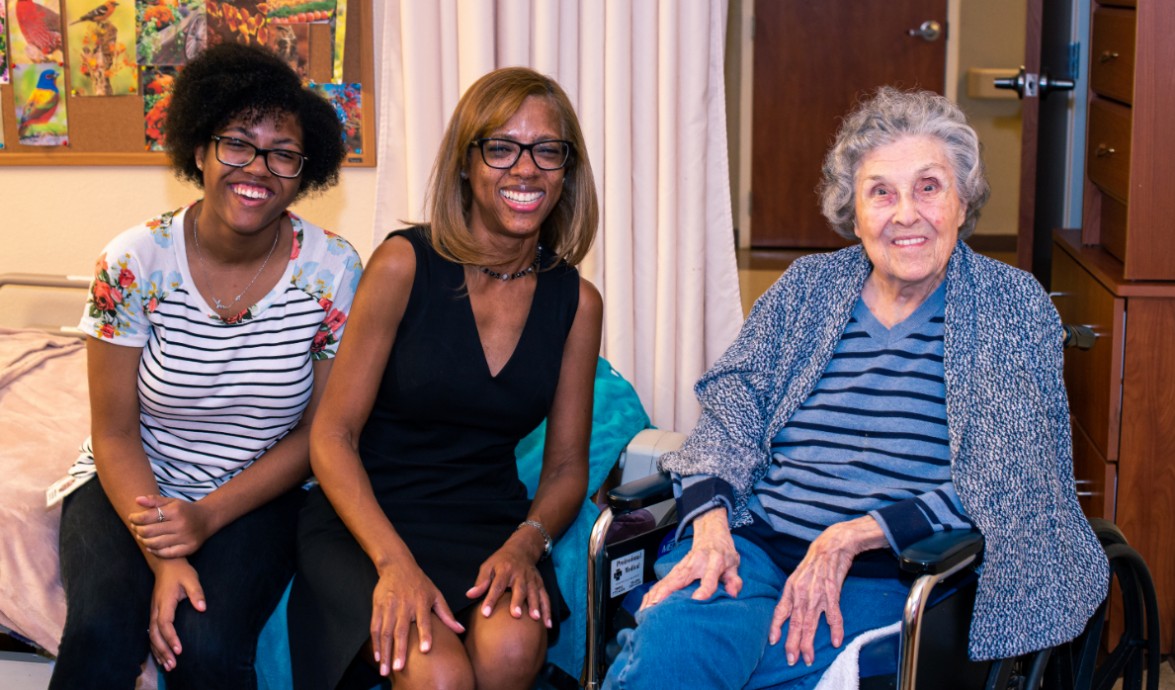None of us like to think about dying, much less talk about how we envision the last days of our life. But often life intervenes and our first conversation about end-of-life is with a terminally ill parent, spouse or friend. Here are some tips for family and friends to help their loved one:
Be there. Call and visit your mom, dad, relative or friend as often as possible. If you are unable to visit, stay in touch. Write notes about memories and the love you share.
Be a good listener. Allow your loved one to talk about their terminal illness and impending death at their own pace. Don’t force your own opinions, but be ready to discuss various options for end-of-life care.
Educate yourself about the illness. Information is available through national associations, medical reference books and other readily available sources in your library or on the Internet. If appropriate, talk to the attending physician about the illness and its terminal stages. VNA’s physicians are experts in serious illness care and treatment options.
Be compassionate. Let your loved one express his or her feelings about their illness and condition without criticism. Let them verbalize how they are feeling, even if you may not agree with what they are saying. Tell them they are loved and that you are there for them.
Offer practical help. If possible, straighten up the house or apartment, bring meals, and/or provide transportation – both for practicality and companionship. Show you care.
Recognize your own limitations. If you’re thinking, “Why am I so uncomfortable with this?”, you may be feeling that you can’t cope with the situation. If so, try to understand your reluctance and deal with it honestly. Or maybe you wonder, “What can I do to show love and compassion?” If you can’t visit, then call or write notes. Find other ways to help, perhaps by arranging for in-home assistance. VNA Social Workers are here to provide counseling and resources any time you may need it.
Remember that you, too, will experience worry, fear, even anger. Loved ones and caregivers also experience anxiety, dread and denial upon learning that a family member or dear friend has a terminal illness. These feelings are normal and yet can be overwhelming. If you are the caregiver, you will need to learn to seek and accept help for your own physical and emotional strain. This is an area with which VNA Social Workers and spiritual support counselors can assist.
